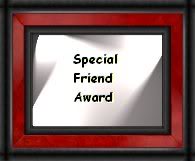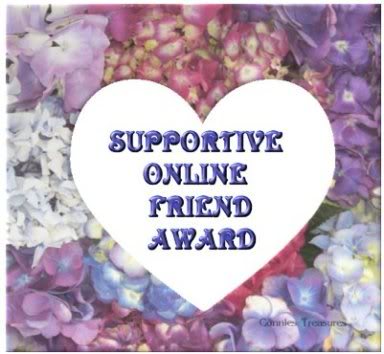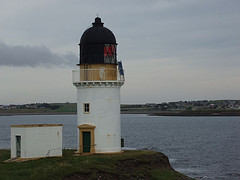The Netherlands used to have quite a tolerant attitude towards migrants. All were welcome to come and live and work there. It is a long-standing tradition, going back to the days of the 15th century Hugenots who were given shelter after being persecuted in what is now northern France.
In common with most West European countries, Holland engaged the service of migrant workers from mediterranean countries in the 1950s and 60s. Greeks, Italians, Turks, Moroccans, all flocked to the Low Countries as well as Germany. It was initially on the understanding that it would only be temporary. Fifty years is not temporary in my book, but that's how long some have lived in Holland now. However, as their stay was only going to be temporary, no effort at integration was attempted.
A degree of rising resentment was becoming evident under the surface during the 1980s, but the experiences of World War II helped to keep the lid on that. As is only too well known, Jewish and other people were rounded up during the war and taken to concentration camps to be killed - for being Jewish, gypsy, mentally or physically disabled.
In 2002, a populist politician rose up - Pim Fortuyn. On the objective political spectrum, he could be classified as on the right of rightwing. He spoke critically of migrants and their lack of integration in society. A generalisation which, like all generalisations, was unfair on a large section of ethnic migrants who had integrated. Nonetheless, Fortuyn's utterances resonated with large sections of society and his party was riding high in the opinion polls. A general election was due when Fortuyn was shot dead. His party attracted 26 out of the 150 seats in the Lower House of Parliament. Although it joined a coalition government, this did not survive into 2003.
The genii was out of the bottle.
In the years since Fortuyn's death, the focus in Holland appears to be on integration and loyalty towards the country itself, as well as its cultural values. This has erupted this weekend with a controversy surrounding two ministers in the new Dutch government. The two individuals concerned hold dual nationality, and a right-wing party asserts that their loyalty is not wholly and undividedly towards the Kingdom. They have tabled a motion of no-confidence in the two ministers, which the Lower House of Parliament will debate this week.
It would appear that Holland remains welcoming to those seeking genuine succour. Here in the UK, there have been calls for an exam to ascertain whether migrants have grasped the idea of Britishness. In Holland people were found to be abusing the country's tradition of tolerance and welcoming. Migrants can now expect an unambiguous statement of loyalty, whether it be in action or (less importantly) in words. Loyalty not just to the nation, but also to its values.
A balance has to be struck, as was shown in the case of politician Ayaan Hirsi Ali. She is a Somali who fled to Holland. She joined parliament, but found herself stripped of her status as MP after the Ministry of Justice found ambiguity in her loyalties.
Hirsi Ali gained prominence and controversy, after she cooperated with filmmaker Theo van Gogh in the making of a movie which exposed alleged abuse of women in Islam. Van Gogh was assassinated, Hirsi Ali had to go into hiding.
It is my impression that the battle that is going on in the Netherlands can be seen to be reflected elsewhere in Europe as well as the USA. In Holland this debate takes place right in the centre of politics, and therefore very open. Elsewhere, like in the UK, it is much more low-key.
Technorati Tags: holland, tolerance, netherlands, integration, immigration
Sunday, 25 February 2007
Subscribe to:
Post Comments (Atom)











This was very interesting to read. Somehow I envisioned immigration problems to be isolated to the US. Silly me.
ReplyDeletePam
Lot of truth there. I think if we are not careful one day there will be a backlash here. There are some places in London where you are not welcome if you are British and by that i mean have not had generations of your family living here, which is sad because we should all get along.
ReplyDeleteJenny <><
It is shocking and upsetting to me whenever I hear someone I know well say something insulting towards immigrants; or when I get emails of that type. I know that illegal immigration is a big problem, but I just can't lump all immigrants together as some people do. I don't resent their being here.
ReplyDeleteLori
http://journals.aol.com/helmswondermom/DustyPages